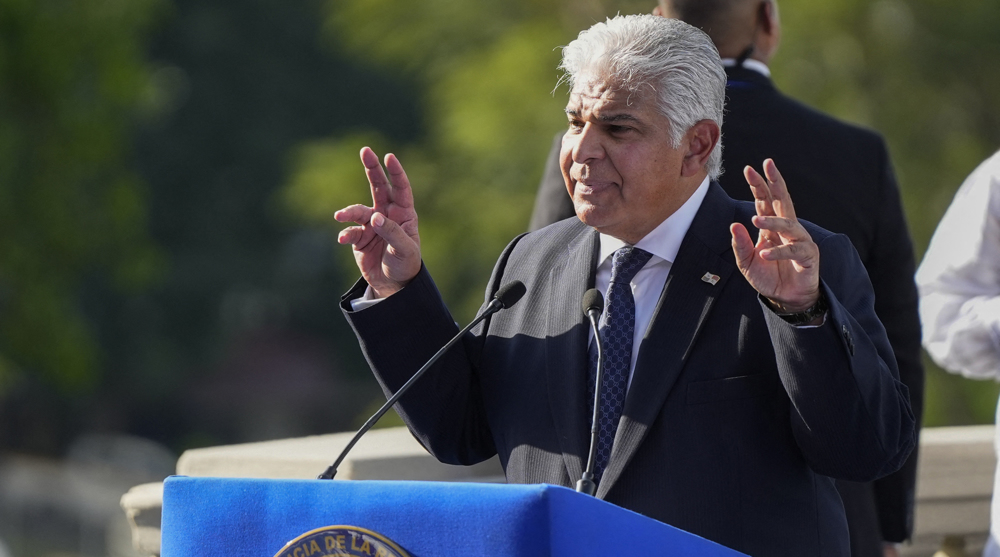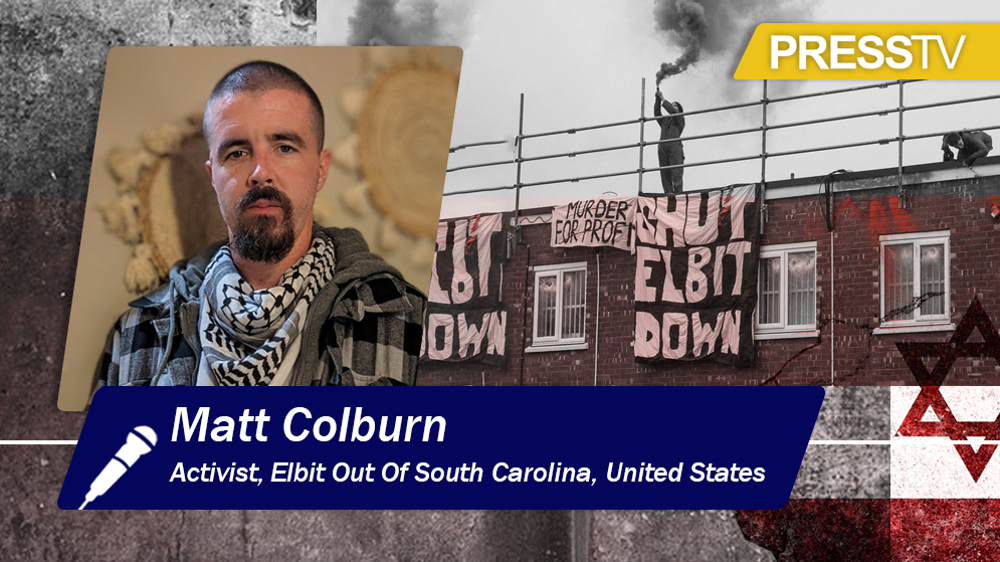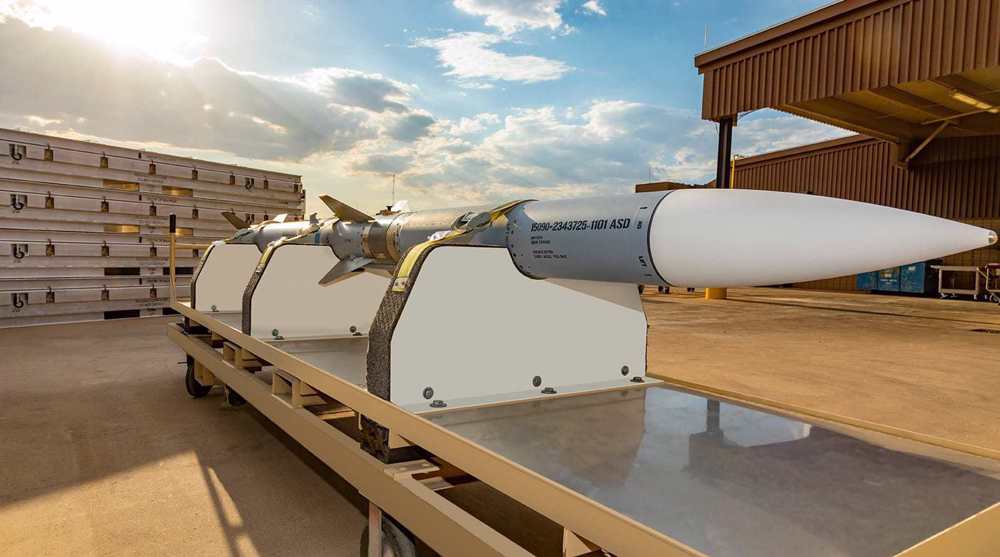US fighter jets intercept Russian warplanes off Alaska
US fighter jets have intercepted six Russian military aircraft in international airspace off the western coast of Alaska and shadowed them until they exited the area, according to American authorities.
The North American Aerospace Defense Command (NORAD) made the announcement in a statement on Tuesday, saying that US F-22 stealth jets intercepted four Russian Tupolev Tu-95 bombers and two Russian Su-35 fighter jets after they had entered the Air Defense Identification Zone (ADIZ), which extends approximately 320 kilometers off Alaska's western coast.
"NORAD's top priority is defending Canada and the United States. Our ability to deter and defeat threats to our citizens and vital infrastructure starts with detecting, tracking, and positively identifying aircraft in our airspace," said General Terrence O'Shaughnessy, NORAD's commander.
"We are on alert 24 hours a day, seven days a week, 365 days a year," he added.
Our ability to deter and defeat threats to our citizens and vital infrastructure starts with detecting, tracking, and positively identifying aircraft our airspace. We are on alert 24 hours a day, seven days a week, 365 days a year - Gen. O'Shaughnessy, Commander NORAD
— North American Aerospace Defense Command (@NORADCommand) May 21, 2019
The Russian Ministry of Defense confirmed the incident in a tweet on Tuesday, saying the Tu-95 bombers "made scheduled sorties over the neutral waters of the Chukotka, Bering and Okhotsk seas, as well as along the western coast of Alaska and the northern coast of the Aleutian Islands."
"At certain stages of the route, Russian aircraft were escorted by #F22 fighter jets of the #USAF. The total flight time exceeded 12 hours," the ministry added.
NORAD is tasked with patrolling US and Canadian airspace and air defense identification zones.
The intercept comes amid growing tensions between Washington and Moscow.
US President Donald Trump suspended the Intermediate-range Nuclear Forces Treaty (INF) in February and threatened full withdrawal in six months. His Russian counterpart, Vladimir Putin, signed a decree in response, suspending Moscow’s participation in the nuclear arms treaty.
Under the treaty, both sides were banned from creating ground-launch nuclear missiles with ranges from 500 kilometers to 5,500 kilometers and led to the elimination of nearly 2,700 short- and medium-range missiles.
Ties between Washington and Moscow have also deteriorated over allegations of Russia's interference in the 2016 US presidential elections.

Panama to Trump: Canal's sovereignty 'non-negotiable'

We want Americans to know their money funds genocide of Palestinians: Activist

US approves $3.6 billion sale of missiles to Japan
IRGC forces launch final stage of major drill in western Iran
Joseph Aoun voted Lebanon’s president, ending 2-year deadlock
Iran protests to France over French city’s insulting poster
MP Corbyn challenges UK govt. over complicity in Israel's Gaza genocide
Iran performs first fetal brain surgery in West Asia
Lebanon’s MPs trying to pick new president after 12 failed attempts
UNICEF: Israel killed at least 74 children in Gaza in first week of 2025
VIDEO | Nippon Steel takeover bid







 This makes it easy to access the Press TV website
This makes it easy to access the Press TV website